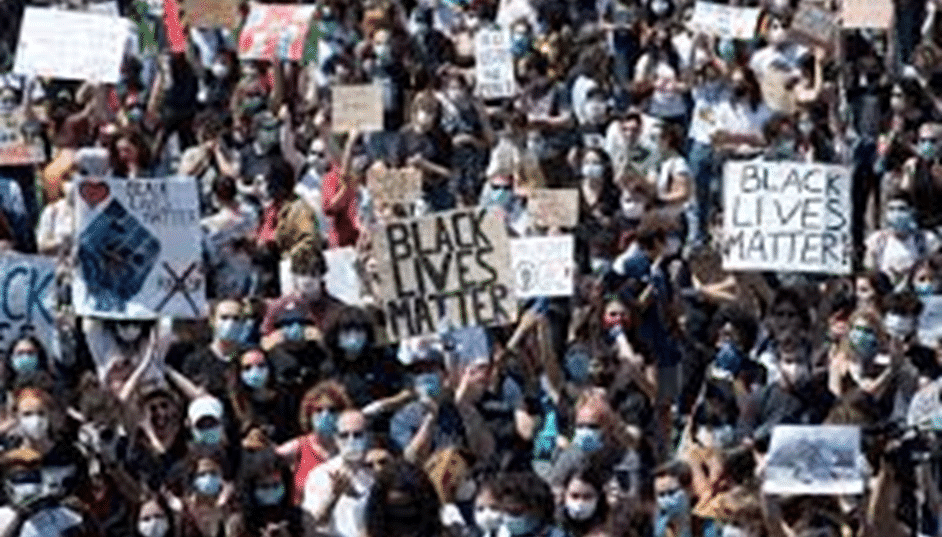POSTS:
Social & Political Engagement

Eric Kolvig – teacher of engaged insight meditation
Ramsey Margolis expresses his appreciation for Eric Kolvig, a recently-deceased insight meditation teacher who stressed the need for social and political engagement, and for the four tasks he devised for coping with global tragedy

No Justice, No Peace (or Human Flourishing)
In response to Thanissaro Bhikhhu's claim that the end of suffering for each individual is more important than justice, Mike Slott argues that reducing suffering and the achievement of social justice are equally necessary and complementary processes.

Collective Trauma, Revenge, and Cycles of Violence: A Buddhist Approach to the Israeli-Palestinian Situation
Karsten Struhl addresses the intersection of the collective traumas of two peoples and considers how a Buddhist perspective can help us better understand the cycles of violence and how we might respond to them.

Mindful ethics, capitalism and sustainability: invest in life, not death
John Danvers argues that the current neoliberal capitalist system is unsustainable and calls for a reformed capitalism more focused on caring for each other and the earth.

Degrowth and radically engaged Buddhism
Mario Sassi discusses the affinities between a radically engaged Buddhism and degrowth, an alternative economic and political philosophy.

The Elephant in the Dharma Hall
John Peacock argues that for too many, Buddhist practice is a retreat into a quietism that ignores the pressing social and political realities of our time. In his view, politics must find its way into the dharma hall.

Socially Engaged and Radically Engaged Buddhism
Karsten Struhl argues that Buddhists need to focus not just on the problem of existential-psychological suffering but challenge and transform social institutions. which cause various forms of harm and suffering.

Engaged Buddhism: vision, hopes, and cautions
Seth Zuihō Segall offers a naturalistic Buddhist vision of flourishing which recognizes both our capacity to make positive social changes and the need to be pragmatic in our approach.

Statement on Israel/Palestine
As individuals who embrace a secular or naturalistic approach to the dharma, one that is based on the goal of reducing suffering and facilitating the flourishing of all beings in this world, we feel a responsibility to speak out about the horrific events in Israel and Palestine.

‘Right livelihood’ at $17.3 million a year?
In response to an interview between Jack Kornfield and a Ford Motor executive, Mike Slott and Katya de Kadt argue that the Buddhist notion of right livelihood must take into account the structural role of corporations in causing harm.
EXPLORE BY SECTION
SEARCH THE SITE
RECENT POSTS








